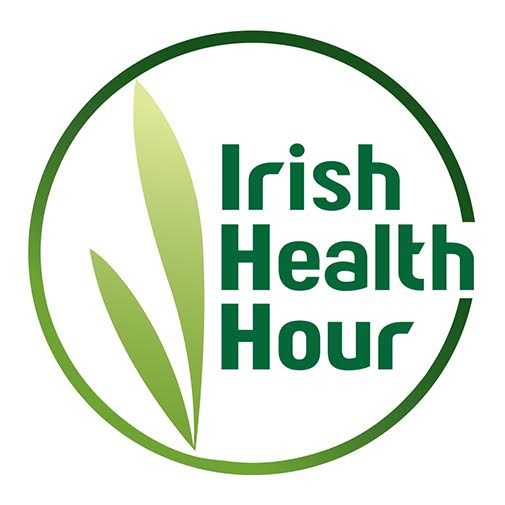5 Tips to Speed Recovery after Exercise
Guest blog post from Luke Douglas from ripped.me
Do you know that feeling when you do a heck of a good workout and you go back home thinking everything's perfect, but you know that the next day is going to be hell? Yes, it is inevitable, your muscles will ache. And then that day comes where no matter which way you move, you hurt. You feel pain and you are annoyed. Muscle soreness is normal and there is no way to eliminate it completely. And it is good, you've been working on your glutes and now they hurt? Hooray! Good job. When your muscles hurt, you know that you've done a good workout. However, wouldn't you like to speed up the recovery process a bit after the exercise? If so, take a look at these five great tips for speedy muscle recovery!
Hydrate!
During an intense workout, you lose a lot of fluid. Of course, you need to recharge and replace those fluids once you're done. Doing that will boost your recovery since water plays a major role in various metabolic functions and nutrient transfer in the body in general. Therefore, drink plenty of water and you improve every bodily function. If you like running, you need to adequately replace fluid. Intense cardio workouts make you sweat a lot and that's why you need to drink up. The more you endure during a workout, the more water you have to drink. Plain and simple.
Sleep is important too
Even though many claim that the link between sleep and exercise is shallow and weak, numerous studies suggest that sleep deprivation leads to impaired performance and even worse recovery. Sleeping is quite important since that is the prime time when the body undergoes protein synthesis. And when you translate that into English, it means that getting that extra sleep after a hard workout helps you build stronger muscles and speeds up recovery. On the other hand, fail to get enough sleep and you won't be able to do a thing properly when you wake up the next day. Putting in a good, hard and efficient workout without a good night's sleep is not possible.
Technology to the rescue!
You've probably seen how many professional athletes invest in technology when it comes to muscle recovery. Sure, you can try cryotherapy. It works, ice cold water or even bare ice is proven to help with muscle tissue damage. However, therapies such as the one mentioned above tend to be quite pricey. If you aren't up for spending quite a few bucks after every workout, don't bother. However, there is this new thing called electronic muscle recovery. What these ever-popular electronic muscle recovery devices do is they emit electric impulses through your muscles which helps them relax and thus recover faster. These gadgets are easy to stick to your target muscles and once they start doing their thing, you'll immediately feel the relaxing sensation. In the long term, investing in these gadgets really pays off. They reduce recovery time quite efficiently.
Good recovery food
Let's say that you've worked on your legs, glutes, abs and you've had a tough and tiring workout. You have depleted your energy stores and you are proud. That's how it should be. But, remember to refuel afterwards! If you want your body to recover, you have to restore this energy. This one is all-too-important for those of you who like endurance exercises. That muscle tissue won't repair itself. So, eat! Eat within 60 minutes of the end of your workout and be sure to include some high-quality protein and complex carbohydrates. For a hot summer body, those are essential.
Rest time
Many claim that getting enough rest still is the best way to recover from every workout, injury or even an illness. And you have to agree with that. Our bodies have a stunning capacity to take care of themselves. But that happens only if we allow them some time to perform 'the healing process'. When you're finished with your workout, shower and go home. Sit down and relax, you need to allow the repair and recovery process to happen at a natural pace. Yes, there are ways to promote recovery other than this one, but, sometimes, doing nothing is the easiest thing to do. That's why it's worth considering.
Listening to your body in this whole story is all-too-important. And when your body orders you to rest, you have to rest. You have been introduced to various techniques of enhancing recovery. And you should use them to your advantage. Just remember, don't overdo it. Your body has limits, you have to be aware of that.
Guest blog post from Luke Douglas from ripped.me


